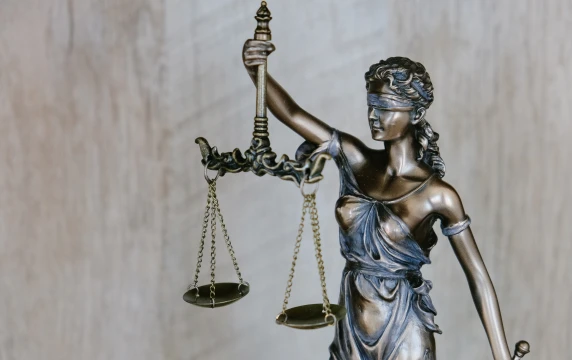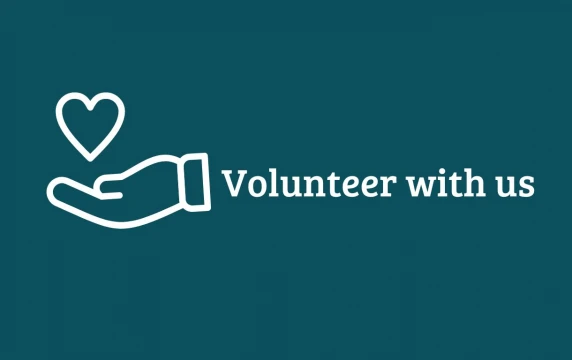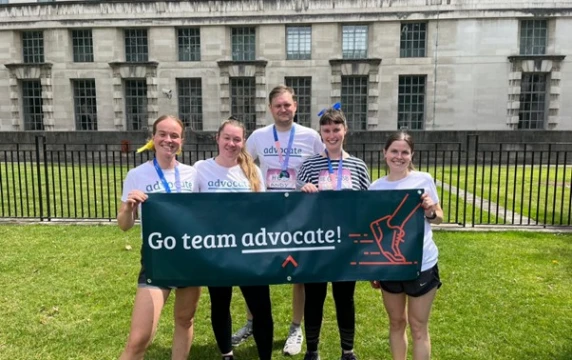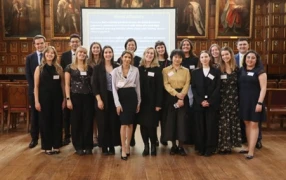At what stage in your career did you take on your first pro bono case?
When I was at Bar School in London, too many years ago now to really want to remember, I undertook several cases with the Free Representation Unit. The Bar Pro Bono Unit was created in the very early years of my practice and I signed up to the volunteer panel pretty much from day one. Getting to appear in the Family Division of the High Court as a very junior barrister representing a transgender parent, who desperately wanted to have contact with her young children was particularly noteworthy.
Why did you decide to undertake pro bono work?
Being a barrister for me was never about earning a fortune or getting engrossed in technical legal issues. It was about being able to help people who have found themselves caught up in every day problems that have a legal context, be that within the criminal or family justice systems or problems with their employer or housing, for example. Many of these areas affect those least able to afford the services of a barrister and the availability of Legal Aid, (whilst even more scarce in 2021), has always, in my experience, been a bit of a hit and miss affair. I felt, and still feel strongly that no matter who you are or where you come from, being able access justice is as important in our society as being able to access healthcare.
What was the most memorable case you worked on, and what did you do?
It would have to be a case I undertook with a colleague of mine, Liz Shaw, in 2011, by which time I had become a specialist Family Law practitioner, when we represented two grandparents in a Finding of Fact hearing in Sheffield. They were accused of shaking their baby granddaughter but as they were not the parents of the child, they were not entitled to non-means or merits tested Legal Aid. Their income fell just above the cut-off point in terms of means, but they could not afford the representation they desperately needed.
Three medical experts gave evidence at the hearing, having prepared complex written opinions, which the grandparents were struggling with trying to understand. They were exemplary and experienced parents of 30 plus years and had never had cause to be involved in the justice system before now – they were frightened and felt very alone.
Liz and I were able, through our representation of them, to assist them to navigate, what could have been an overwhelming Court experience. By acting pro bono, this couple accessed justice fully.
What effect did pro bono work have on your career?
It has allowed me to take on cases involving issues and (often) complications that might not otherwise have come my way, particularly early on in my career.
Having spent 15 years practising in London before moving back north with my then young family in 2008, I was initially taken aback as to how little was known about the Bar Pro Bono Unit (now Advocate) on the North Eastern Circuit and therefore referral to it as a way of assisting those who needed it was scarce.
Wanting to continue to take on pro bono work, I was keen to extol the virtues of being a member of Advocate's panel within chambers and I am delighted and proud now that we have a huge number of members who regularly undertake cases through Advocate and that assisting those who need it most to access justice is engrained in chambers ethos.
By mentoring and supporting pupils and junior members of chambers, by agreeing to take on a pro bono case as a “leader” or simply being the port of call for a second opinion, in what otherwise might be a case that they would not have the confidence and perhaps competence to deal with, is a brilliant way to extend my own experience and I hope of real value to our junior members.
I have extended the way in which I provide a service pro bono now by becoming a Reviewer in Children Cases for Advocate. Approximately once every month/six weeks, I fit into my diary time to do so, a different angle that is just as important I feel.
What is the most rewarding thing about doing pro bono work?
I hope I’m not banging on about it, but it has to be assisting those in society who might otherwise be denied access to justice that is the most rewarding part of doing pro bono work.
It is however, also the ability to be able to take on often very interesting and novel cases that you might not otherwise have been instructed in, thus giving you the ability to progress your career and practice in ways that you may not have expected.
What advice would you give to any barrister unsure about whether to start doing pro bono work?
There is nothing at all to lose and everything to gain. You can give as much time as you can afford – no-one is counting how many cases you take on, but the next pro bono case you do, could be that career defining case. And remember, by doing pro bono work you are helping those who might not otherwise be able to, to access justice.
Please sign up to our mentoring scheme, Collaborate.






